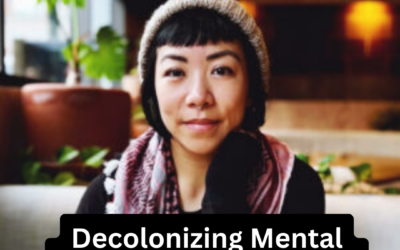Podcast: Play in new window | Download (Duration: 37:20 — 34.2MB)
Subscribe: Apple Podcasts | Spotify | Amazon Music
In this special episode, we take you deep in the heart of Austin TX where therapists gather to learn, study and practice the relational sciences and interpersonal neurobiology. Austin IN Connection is the largest organized gathering of local therapists studying and applying this research in the world.
In today’s episode, co-hosts Patty Olwell Ann Kelley and Sue Marriott turn the mics around and let the world hear from these experienced clinicians and students, and share with them and all of you the most important and useful applied concepts of interpersonal neurobiology (IPNB).
Personally we can say it was the most ambitious episode we’ve recorded to date, we are therapists first and podcasters second, and we are still within our first year of podcasting so we are still figuring things out. To record live, unscripted and to a highly respected and well-trained audience of friends and peers was… well, nerve-wracking to say the least.
The first half we intentionally did not record, and shared conversation and sanctuary with this diverse community of therapists. We also shared some of the history of AINC in it’s 10th year of existence now and even how Year of Conversations came to have its name (Sue Marriott was co-founder of AINC and Patty Olwell former President, so it was nice to be back continuing the journey of getting the word out to the world about the importance and relevance of the relational sciences).
Once we began recording we managed to cover our favorite useful concepts such as the window of tolerance, the triangle of well-being, neural integration, neural wi-fi, co-regulation, FACES flow, pre-frontal cortex functions and we even slipped in a mention of the 9 domains of integration. This was all explored in the context of cultural and familial strain post-election.
We want to send a very special and specific thank you to everyone who attended the event, and a huge shout out to all those brave enough to speak up, you were speaking for the group and your words were inspirational. Thank you!
This podcast was recorded live at Austin In Connection’s Friday February 3, 2017 Year of Conversation
RESOURCES:
Additional resources for this episode:
- Steven Vasquez (Austin therapist and participant in podcast): Spiritually Transformative Therapy: Repairing Spiritual Damage and Facilitating Extreme Well-being
- Dan Siegel and Marion Solomon: Healing Trauma: Attachment Mind Body and Brain
- Dan Siegel: The Developing Mind Dr. Dan Siegel’s core textbook on IPNB
- Get Dan Siegel’s introduction chapter PDF from the Developing Mind by visiting our podcast Episode 16
- Austin In Connection an Austin, Tx professional organization that brings information about relationships, parenting, and psychological well being to our professional community and to the public














